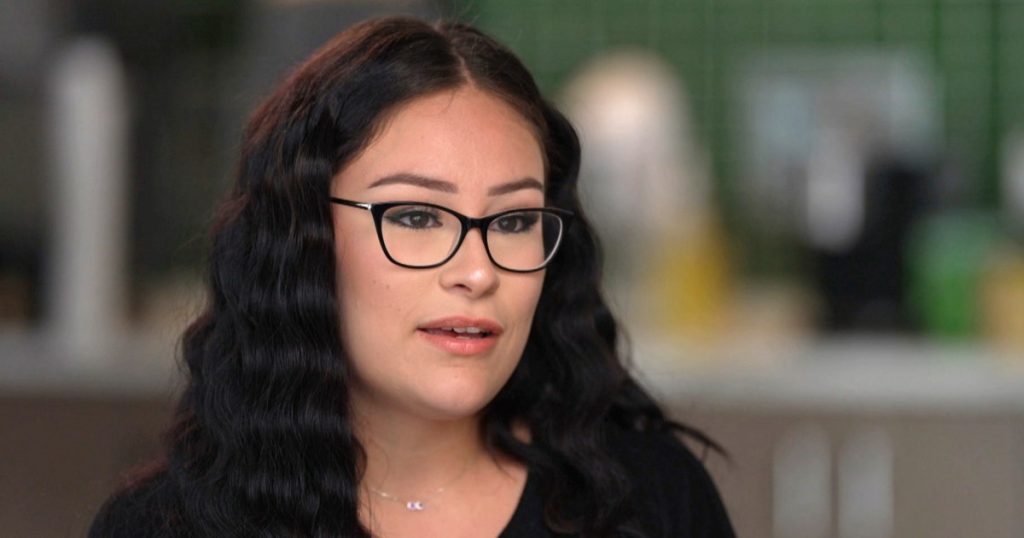Bianca Chavarria experienced complications during her second pregnancy which led to a diagnosis of placenta accreta, a potentially fatal condition where the placenta does not detach from the uterus. Due to the severity of her condition and the lack of blood supply at her local hospital, she was transferred to San Antonio’s University Hospital. Despite the urgency of the situation, she was able to deliver a healthy baby boy thanks to the hospital’s innovative blood program that ensures a constant supply of whole blood, which is crucial in treating conditions that result in massive blood loss.
San Antonio’s whole blood program was established several years ago to make whole blood readily available on rescue vehicles and in trauma centers. Led by retired Air Force trauma surgeon Donald Jenkins, the program has proven to be highly effective in treating life-threatening bleeding. The cooperation between the local blood bank, rescue workers, and the main hospital has made this program a model for the country, ensuring that patients like Chavarria have access to the blood they need in critical situations.
University Hospital’s approach to treating placenta accreta patients goes beyond having a supply of whole blood on hand. A multidisciplinary team of specialists, including OB-GYNs, gynecological oncologists, trauma surgeons, and others, collaborates to develop individualized plans for each patient. By meeting regularly to discuss upcoming cases and coordinate care, the hospital has significantly improved outcomes for mothers and babies at risk of complications from placenta accreta.
The hospital’s focus on placenta accreta began about a decade ago, as doctors recognized a rising rate of the condition leading to life-threatening blood loss. The establishment of a special unit to address high-risk cases coincided with the implementation of the whole blood program in San Antonio. The availability of whole blood has enhanced the hospital’s ability to respond to emergencies and improve patient outcomes, making the system more robust and capable of handling complex cases like Chavarria’s.
Key to the success of the system is the blood bank’s daily recruitment of new donors, ensuring a steady supply of blood for emergency situations. Through careful coordination and a rotation program that prioritizes blood for rescue vehicles and trauma centers, the hospital minimizes waste and ensures that donated blood is utilized efficiently. This approach has been instrumental in not only treating patients like Chavarria but also in saving lives and improving outcomes for a wide range of trauma cases.
Chavarria expressed her gratitude to Dr. Caitlin Martin, a member of the hospital’s placenta accreta program, for her role in saving her life during the challenging delivery. She returned to the hospital with her children to thank Dr. Martin and express her appreciation for the care she received. The meeting served as a reminder of the life-saving work being done at University Hospital and the importance of innovative programs like the whole blood initiative in improving outcomes for patients facing critical medical emergencies.













